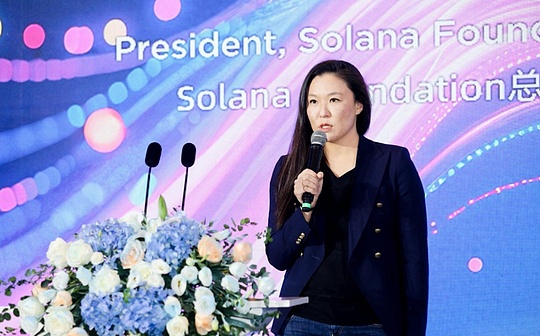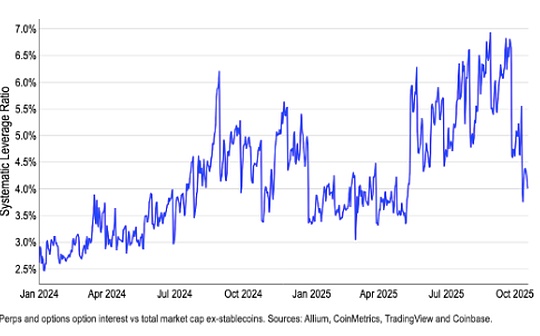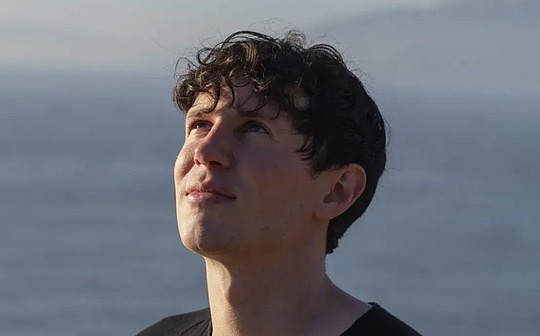
Written by: Ashlee Vance, Bloomberg, Translated by: Luffy, Foresight News
In early April this year, James Fickel boarded a train from Boston to New Haven, Connecticut, to check the brains of a batch of animals (pigs).These brains are placed in rows of barrels in a building on the edge of Yale University’s campus, connected to a mass of intertwined tubes and several machines that deliver nutrient-rich liquids to the brain.Researchers have always dreamed of studying brains that still function in vitro, and this device has made such a dream a reality.

James Fickel.Image source: Bloomberg Business Weekly
A few years ago, a work by Croatian scientists Nenad Sestan and Zvonimir Vrselja opened the path to brain research.In 2019, they announced that pig brain cell activity was restored for four hours after slaughtering a pig in a meat processing plant, which made headlines in major media.Since then, the scientific research has transformed from a research project to a startup called Bexorg Inc.The company hopes that their technology (also used in donated human brains) will give people a deeper understanding of the biological principles of the brain, develop better drugs, and potentially provide recovery from sci-fi movies for those suffering from brain traumatechnology.And as an early investor, Fickel has made a great contribution to this work.
It was an unexpected experience to be involved in Bexorg.After a successful investment in cryptocurrency, he quietly became one of the world’s largest funders for longevity science and advanced brain research.Fickel has invested more than $200 million in various startups and university research labs, with the goal of extending the healthy lifespan of humans while preparing for the coexistence of humans and artificial intelligence.He often invests with well-known, wealthy philanthropists such as Bill Gates and Eric Schmidt.This is the first time he has spoken publicly about his work in the field.
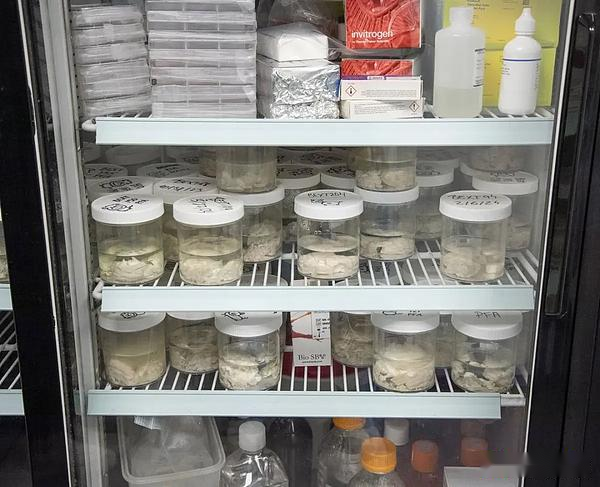
Canned pig brains are stored in the refrigerator in Bexorg Research Laboratory in New Haven.Image source: Bloomberg Business Weekly
Fickel’s unusual journey began in 2016, when Fickel, 25, invested all the $400,000 he earned in software development and stock trading into the emerging cryptocurrency Ethereum.At the time, Ethereum was a little-known token that traded for about 80 cents.Today, Ethereum has become one of the household crypto assets, with a single token worth more than US$3,000.With this investment alone, Fickel is enough to be among billionaires.
Cryptocurrency billionaires are often known for their revelry in tax havens and chasing the financial craze that follows.The only time Fickel has appeared in mainstream media before was in 2018, when the New York Times introduced him in an article titled “Everyone gets really rich and you don’t.”He posed with his cat Bigglesworth, and was described as an apostle of the populist digital currency movement.The article also tells the anecdote about how Fickel’s personal trainer makes a fortune by following his trading advice.
Fickel has a stylish taste and occasionally enjoys roaming, but he is not like the typical cryptocurrency enthusiast.He tends to be more intelligent in cryptocurrencies.He funded academic research on price fluctuations in Ethereum, including a 2020 paper published by Columbia University professor Timothy Roughgarden, an avant-garde researcher in the field of algorithmic game theory.This paper plays a role in stabilizing Ethereum transaction fees and curbing Ethereum’s inflation trend.
When the coronavirus outbreak broke out, Fickel suddenly became tired of the cryptocurrency industry.In search of a more comfortable place to get through the pandemic and avoid paying state income taxes, he moved from San Francisco to Austin, Texas in 2020.”I decided to be a monk for a while, and I read a lot of books,” said Fickel, who was tall and thin and a casual futurist.”I’ve been in the cryptocurrency industry for a long time and now I need to think about something different.”
In Texas, he read the writings of longevity masters such as Nir Barzilai and Aubrey de Grey, and then turned to a deeper scientific text to find a number of experienced researchers who seem to believe that major breakthroughs in longevity are coming.This is more attractive than the new hobbies of many cryptocurrency enthusiasts, such as non-fungible tokens NFTs, which Fickel considers ridiculous.He decided to become an investor and philanthropist and began emailing startup founders to see if they would suggest how to allocate their funds.As expected, the founders were happy to receive his email.
By 2021, Fickel decided to formally invest in investment and philanthropy.(Translator’s note: James Fickel is still an active cryptocurrency trading giant whale, and his on-chain wallet often undergoes large transfers and transactions.) He founded the Amaranth Foundation and hired a Ph.D. in Genetics at Stanford University at the time.Degree young student Alex Colville as his primary investment partner.Together, they started interviewing dozens of researchers and startups and read a lot of papers.Although Fickel lacks academic background, he is very efficient in his studies and he will soon be able to have in-depth conversations with scientists and evaluate whose job has the most potential.
In the first 18 months after Amaranth’s founding, Fickel’s company invested $100 million, with 70% of it investing in startups and the rest on academic moon landing programs.Amaranth invests in approximately 30 companies and research groups in total.Fickel’s first investments include Cellular Longevity Inc, which develops drugs that help dogs extend their lifespan, Cyclarity Therapeutics Inc, which is studying treatments to reverse arterial plaque accumulation and prevent heart disease, and LIfT BioSciences, which isNew cells that can destroy cancerous tumors are being developed).Today, he is the biggest supporter of age1, a venture capital fund focused on the science of longevity, founded by Colville and Laura Deming, a well-known investor in the field.
For those who make a fortune in the cryptocurrency space, it may be natural that Fickel has a high tolerance for risks other investors may avoid.His interest in Magic Lifescience in Mountain View, California illustrates this.Founded in 2021, the company uses technology developed by Stanford over the years to build a toaster-sized machine that can diagnose a variety of diseases with small samples of urine, saliva and blood.Similarities with the infamous diagnostic startup Theranos pose a clear funding challenge for the company.These challenges didn’t bother Fickel, who led the first round of Magic.
Early on, the Amaranth Foundation provided funding to people who made meaningful work in the fields of Alzheimer’s disease and mental health, followed by deeper into the field of brain science.In addition to Bexorg, Fickel has funded the organization E11 Bio, which develops new brain mapping technology and Forest Neurotech, which manufactures brain implants that emit ultrasound pulses, which are used to study the causes of mental health disorders and neurological diseases.A recent investment from the foundation is to provide $30 million to a secret project at Stanford University called the Enigma project, which is building an ambitious model of the brain structure and describes in detail each neuron throughout the brainActivity method.
Fickel said his interest in the Enigma project is partly because it has the potential to create digital representations of the brain that helps train AI systems.Once people have a comprehensive understanding of the mechanisms of the human brain, they can use this knowledge to create an artificial brain in digital form and use the data associated with it and artificial intelligence models to gain a more comprehensive understanding of how we think and how we values are.Deeply entrenched.If you are lucky, this could achieve a safer integration of human-machine in the next few years.”When we transfer capabilities in one dimension or another, we really don’t know what is safe and what is unsafe. We need to figure out how to get AI to have values and representations similar to humans,” Fickel said.and bind the model to our capabilities until we figure out how to design stronger thinking safely.”
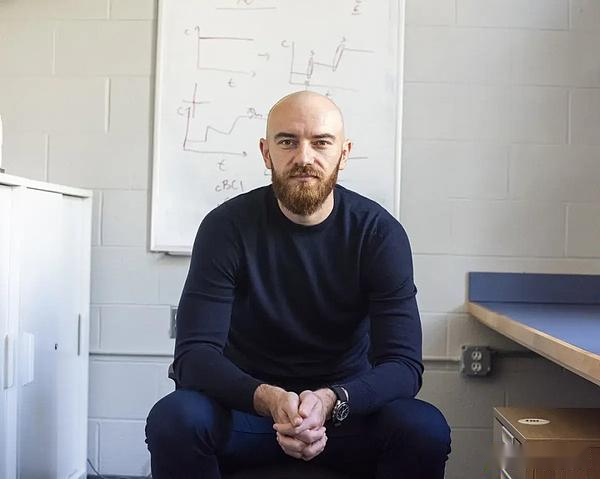
Zvonimir Vrselja is sitting in the lab at Yale University.Image source: Bloomberg Business Weekly
Back at Bexorg, scientist Vrselja is traveling between rows of barrels with brains.Beside him are Fickel and Joanne Peng, who became Amaranth’s new chief of staff after Colville switched to manage age1.Peng, 24, is another biotech prodigy who took a two-year break from school to fight for a Thiel scholarship.While completing his studies at Princeton University, Peng helped Fickel invest in his huge fortune.
Vrselja tries to showcase all the progress the startup has made since Fickel’s last visit a year ago.”Everything you see—code, hardware, software, liquid, everything—is made by us,” he said.This technology should be able to test compounds and their effects on the brain in new ways by providing pharmaceutical and biotech companies with alternatives to human trials.Today, the only way to include humans in drug testing is through years of animal testing, and even so, the process is expensive and arduous.”It’s hard to develop drugs, and it’s even harder to develop brain drugs,” Vrselja said.
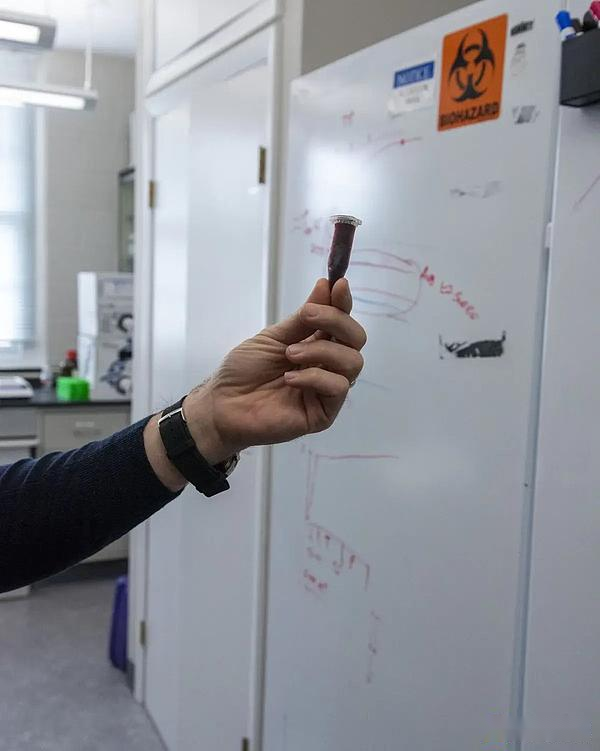
Bexorg custom blood alternatives.Image source: Bloomberg Business Weekly
However, with Bexorg’s system, the brain with conditions like Alzheimer’s and Parkinson’s seems to maintain a certain function.While cell activity in these brains continues, neurons stop firing, so they are unconscious, the company said.This is certainly different from clinical trials, but the hope is that early testing of the brain will save time and money, as it makes it easier to find out what is worth exploring early in the drug development process.
“I’m not a physicist or a neuroscientist,” Fickel said of his investment philosophy. “What I’m trying to do is to work with these top scientists to build a higher level of mental model of abstraction and then push the world I want to seechange.”


